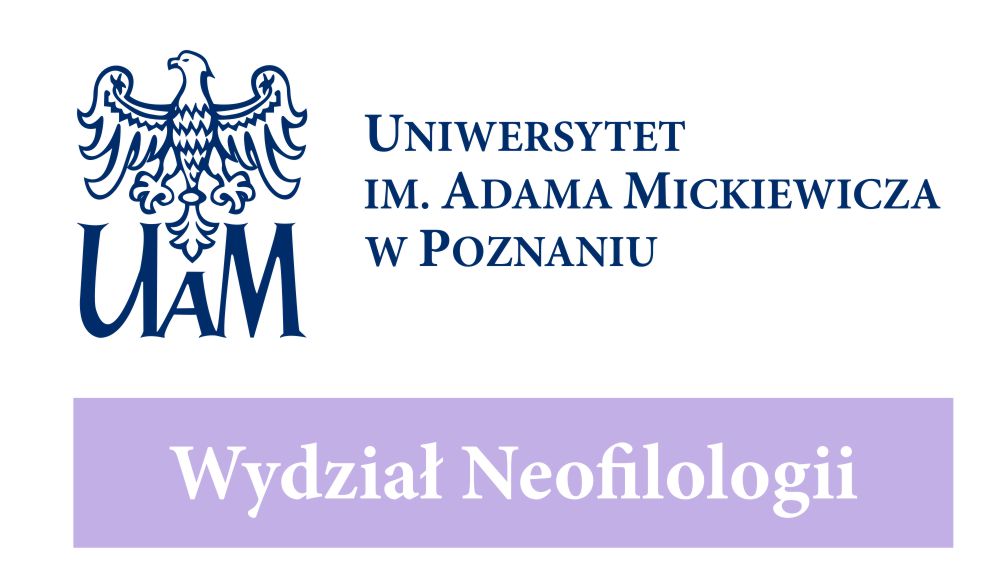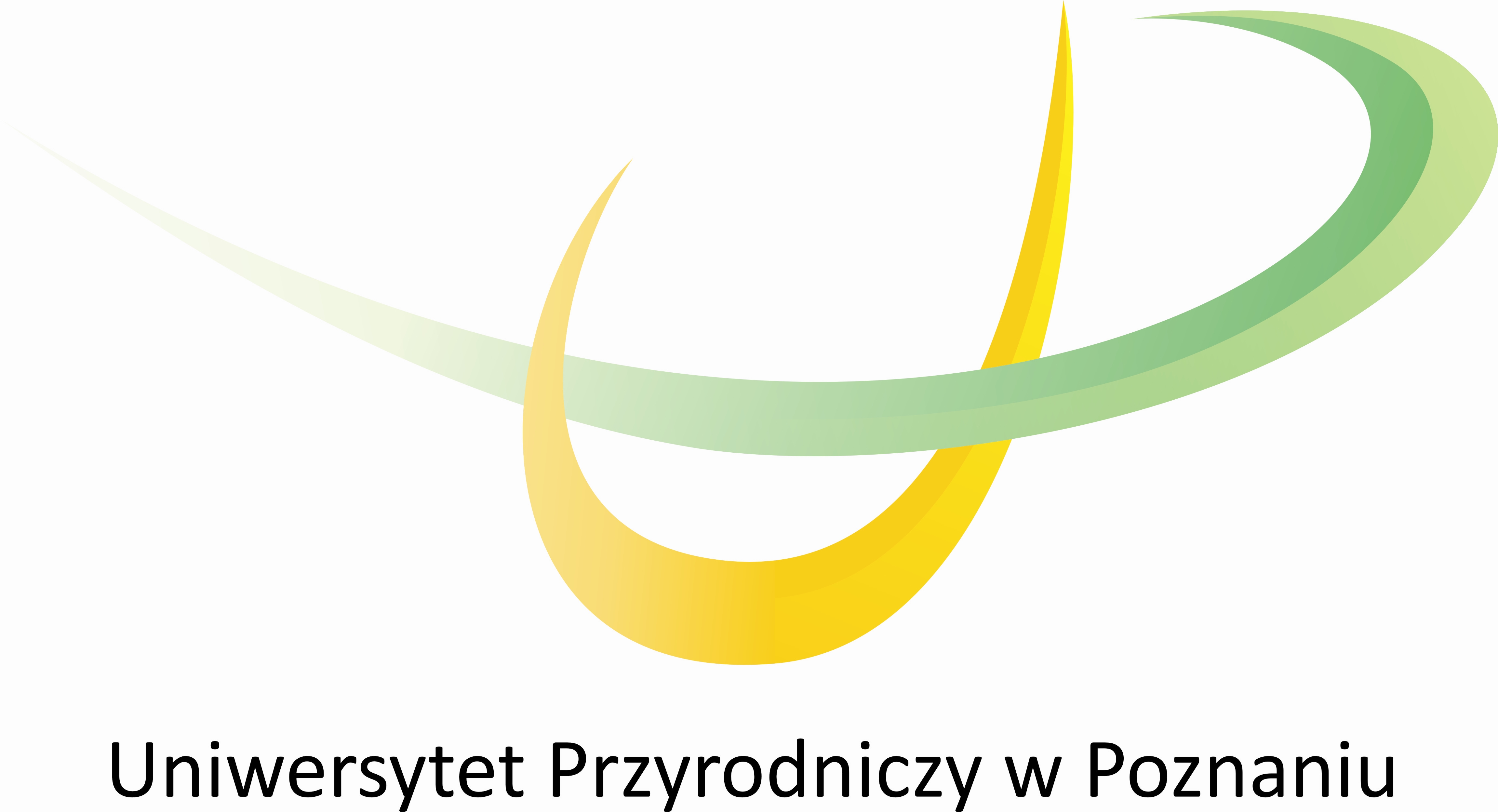LANGUAGE, CULTURE AND LAW
– SEMIOTIC PERSPECTIVES ON FORESTRY & HUNTING
15-17 June 2023
18th Conference on Translation, Interpreting, LSPs and Cultural Studies
Organisers:
Representative of the Poznań University of Life Sciences: Prof. Dariusz J. Gwiazdowicz, PhD hab.
Representative of Adam Mickiewicz University from the Conference on Legal Translation and Interpreting and Comparative Legal Linguistics: Prof. Aleksandra Matulewska, PhD hab.
We all want to live safely, comfortably and prosperously, which is why we are changing the natural environment. Housing is being developed, new jobs are being created, motorways are being built, the structure of agricultural crops is changing. This dynamically changing landscape results in diversification of environmental conditions – for some animals the living conditions are now better and that is why their number is definitely increasing, while for others they are extremely negative and that is why there are fewer and fewer of them. The main task of contemporary ecologists and other groups, e.g. hunters or foresters, is to support endangered species, but also to reduce those that pose a threat to human life and health or cause excessive damage, thus hampering forest, agricultural or fisheries management Environmental issues have troubled people for several decades. In some countries, legislation dedicated to the protection of endangered species dates back to the 15th and 16th centuries. The modern world is highly urbanised and people are moving further and further away from nature. At the same time, they are increasingly aware of the need to protect the Earth’s natural resources. However, this is not always done according to the suggestions of scientists, but of lobby groups that either pursue their own goals or simply their vision of the world. The recent case of Greta Thunberg’s popularity is one example of this. The child attracted more political and media attention than any well-informed scientist in the field. Celebrities create their image by using environmental issues as a popularity stimulator, to mention just one of the first, which was Bridgit Bardot. Animal rights movements take many forms. In some countries, farmed animals have been released into the wild, which negatively affects the environment as invasive species begin to put pressure on local species, depriving them of habitat. The Animal Liberation Front considers such acts legal, while they are often a violation of property rights. In our highly urbanised world, we observe that city dwellers lack knowledge about the tasks of sustainable conservation and its role in the sustainable management of natural resources (often leading to stereotypes, cyberbullying); they have certain social expectations that do not take into account the laws of nature, but are based on false news or an over-idealised concept of the environment; eco-hypocrisy. Another factor influencing our perception of the environment is the ubiquitous anthropomorphisation of animals, as a result of which the wild world is stripped of its real characteristics and is humanised (there are even movements advocating the granting of civil rights to animals). In general, modern people lack inquisitiveness and are exposed to ubiquitous fake news and media infostrategies (e.g. infodemic) aiming at scandalous news (Gwiazdowicz 2017, Gwiazdowicz and Matulewska 2020). As a result, two types of ecology have emerged in recent times: one based on science and research findings, and another influenced by the media and based on a stereotypical, idealised view of the world. As it turns out, legislators change labels to gain support from eco-hypocrites, but the problem of the conflict between human expectations and needs and the environment remains and must be resolved. In the Netherlands, the government, under pressure from environmentalists, has banned bird hunting. Although few people realise that the problem of agricultural damage caused by birds is solved in different ways, that is, geese are killed by putting them in specially designed gas chambers. The meat from the geese is no longer fit for human or animal consumption and must be eliminated. Questions can be raised about the ethical, legal and semiotic aspects of such actions. In the urbanised world there is and will be a constant struggle between people who want motorways, nice houses with fenced gardens, nice looking fruit and vegetables, a comfortable, healthy lifestyle and an environment. Vegetarianism and similar lifestyles are becoming increasingly popular because they are environmentally and especially animal friendly, although little attention is paid to the environmental impact of the production of plants rich in protein and other valuable nutrients (pollution of groundwater with pesticides, herbicides, deforestation, depriving animals of their habitat). All activities and lifestyles affect the environment, but we rarely find reliable sources of information that provide deeper insights into the field.
In summary, all these issues have implications for the legislation governing the environment in the field of forestry and hunting. This issue opens a new sphere of semiotic analysis of communication and adopted solutions in the legal environment. This conference aims to bring environmental (forestry and hunting) issues into the context of our vision of legal solutions and their environmental consequences. The aim of this event is to provide a broader perspective on understanding the role of scientists, lobbyists and legislators in the debate on nature conservation for future generations, from both theoretical and practical perspectives. Speeches on the following topics and presenting both their advantages and disadvantages are therefore welcome: semiotics of environment related laws animal rights and legislation the rights of animal owners the environment and the law forestry / hunting and the law (amendments of law and their possible directions law and exploitation of nature, including illegal activities such as poaching consequences of releasing wild animals and plants into the wild and the resulting legislation on invasive species ecology and the law (social expectations regarding the environment and the law) cyberbullying against foresters and hunters language of hunters language of foresters hunting-related culture (traditions, music, art) forestry-related culture (traditions, music, art) history of forestry and hunting including the history of related-field organizations.
20 places at the conference will be reserved for persons submitting the papers on the main topic. But we also invite papers on the following topics: LEGAL TRANSLATION AND INTERPRETING
LEGAL LANGUAGES AND LEGAL DISCOURSE
LAWS ON LANGUAGES
LANGUAGES FOR SPECIAL PURPOSES
Plenary speakers: Information will be available later.
The registration form is available at the website: https://docs.google.com/forms/d/e/1FAIpQLSeKSWx9_c5Vb35CK4E86tBswUc6mrrMPOEMPb9HZe9wnGjJuw/viewform
Presentation slots should not exceed 30 minutes (20 minutes long presentation plus 10 minutes for questions). Power Point presentations are invited. Papers from the conference will be published after positive reviews.
The abstracts should be sent by 28th February 2023.
Abstract acceptance notification: 10th March 2023.
Submission of full papers : 15 July 2023.
Any questions should be sent to: lingua.legis@gmail.com
CONFERENCE VENUE: The Palace in Obrzycko (http://www.palac-obrzycko.pl/galeria/). The nearest airport is Poznań Ławica. The transportation will be provided for interested persons from Poznań to Obrzycko (in the evening of 14th June) and after the Conference from Obrzycko to Poznań (in the afternoon of 17th June). The hour of departure of the coach will be given at the beginning of 2023. There is a possibility of delivering the speech online.
Onsite conference fee includes the accommodation and meals:
(1) Early payment for onsite participation by 31 March 2023: € 250 / PLN 1100
(2) Payment for onsite participation from 1 April to 20 April 2023: € 300 / PLN 1400
(3) Payment for onsite participation after 21 April till conference: € 350 /PLN 1700
Online participation: € 60
We kindly request you to pay the fee into the following account:
Bank Account Details:
Payee: Adam Mickiewicz University
Address: ul. H. Wieniawskiego 1, 61-712 Poznan, Poland
VAT no: PL7770006350
Bank: Santander Bank Polska S.A.
Address: Plac Wolności 15, 60-967 Poznan, Poland
IBAN: PL 77 1090 1362 0000 0000 3601 7903
Swift: WBK PPLPP
For: KN 000040 your name and surname
Note: It is vital that you place on your money transfer the following number: KN 000040.
No partial registration is envisaged, so it will not be possible to register for just one or two days.
Cancellation policy:
In case of cancellations the conference fee is not refunded. However, the contributors may submit their papers.
PUBLICATION: Papers depending on the topic will be published in Comparative Legilinguistics journal or a monograph. LANGUAGES: English, French, German and Polish.
Organizing committee:
Chair: Emilia Wojtasik-Dziekan, PhD
Members:
prof. dr hab. Dariusz J. Gwiazdowicz
prof. UAM dr hab. Aleksandra Matulewska
Joanna Kic-Drgas, PhD
Paul Trzaskawka, PhD
SCIENTIFIC COMMITTEE:
Professor Dariusz J. Gwiazdowicz, University of Life Sciences in Poznań
Professor Onorina Botezat, Dimitrie Cantemir Christian University, Bucarest, Romania
Professor Aleksandra Matulewska, University of Adam Mickiewicz in Poznań
Participation of one keynote speaker was financed from the Adam Mickiewicz University project ‘Inicjatywa Doskonałości – Uczelnia Badawcza’ decision number 101/01/POB5/0005
The participation of some speakers was financed by selected District Boards of the Polish Hunting Association


